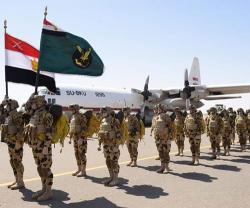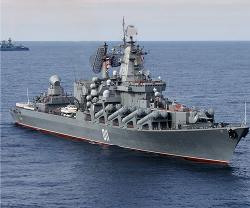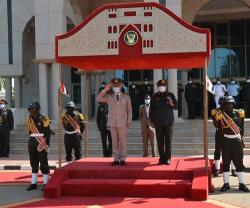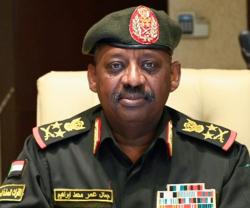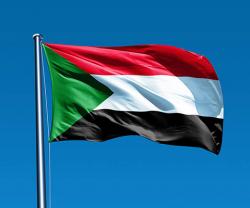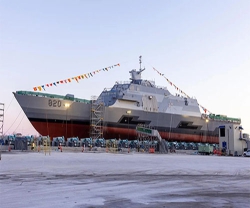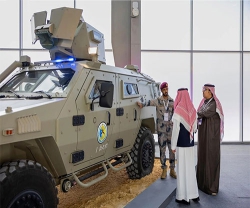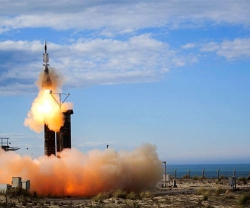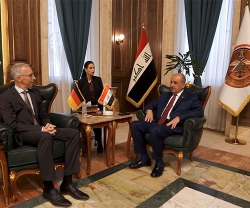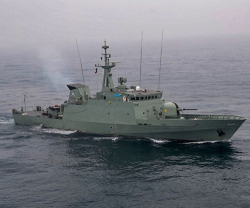Russian President Vladimir Putin approved on November 16 the government’s plans to create a naval facility in Sudan to service the needs of the Russian navy in the region and as a logistics center. The Russian Defense Ministry signed the respective agreement on the facility construction with Khartoum, Al Monitor reported.
Under a draft deal published on Russian government’s website earlier this month, the Russian Navy will station up to four warships, including those with nuclear capabilities, and up to 300 service members in a Sudanese port, The Moscow Times reported then.
The agreement also allows Russia to send weapons, ammunition and supplies for the warships and exempts Russia from import duty and inspection. In exchange, Russia will provide Sudan free assistance in search-and-rescue operations and support in anti-sabotage efforts.
The geographic coordinates cited in the document suggest that the Russian Navy’s logistics hub will be located in the Red Sea city of Port Sudan. The Meduza news website reported a sighting of four vessels resembling warships at the location.
The agreement states that Russia’s logistics hub “is defensive and not directed against other countries” and “meets the goals of maintaining peace and stability in the region.” Russia and Sudan signed a seven-year military cooperation deal in May 2019.
Russia has in recent years pushed to regain its Soviet-era strategic influence in Africa with investments in its energy and mineral industries.
Russia recognized the new leadership in Sudan after longtime leader and close Moscow ally Omar al-Bashir was ousted in a military coup last year.
Recently, Sudan joined the United Arab Emirates (UAE) and Bahrain in recognizing and normalizing ties with Israel, leading U.S. President Donald Trump’s administration to remove Sudan from its list of state sponsors of terrorism.
Most experts believe the decision concerning the establishment of the facility had been taken long before its formal announcement. The question, then, is the pace of the facility’s construction, something that will largely depend on the Kremlin’s priorities moving forward. And there are factors that can prompt one to be at least somewhat doubtful as to whether Russia is really all that serious about expanding its footprint in the region.
The first factor is Russia’s constrained economic, military and logistical capabilities. According to the former Chief of Staff of the Russian navy, retired Adm. Viktor Kravchenko, the most primitive facility in the Red Sea will take three to four months to be completed.
Furthermore, the Port Sudan infrastructure and the Red Sea in general are not well-equipped for mooring and servicing nuclear-powered submarines. The Iranians use diesel-electric submarines, while the Chinese are perhaps the only ones in Djibouti prepared to conduct large-scale bottom-dredging operations. Meanwhile, the Russian surface vessels with nuclear power units do not carry cruise missiles of the Kalibr type that Russian experts believe will frighten other regional players.
Moreover, Port Sudan is situated opposite Mecca in Saudi Arabia. From this standpoint, Russia’s actions can be easily construed as destabilizing, especially given that, as some experts predict, Russia may deploy the reconnaissance assets in the facility as well as Special Forces and private military companies. Notably, Russian mercenaries are already present in Sudan, and their numbers will likely increase further.
Lastly, and perhaps most importantly, Sudan’s grievances against the actions of Donald Trump’s administration also play a role. The idea of building the Russian facility on the Red Sea gained traction at the time when Trump first promised to remove Sudan from the list of a state sponsor of terrorism, but then extended the national emergency with respect to Sudan for a year after Khartoum made concessions in the form of paying out compensations to the victims of terrorist attacks and agreed to normalize relations with Israel.



